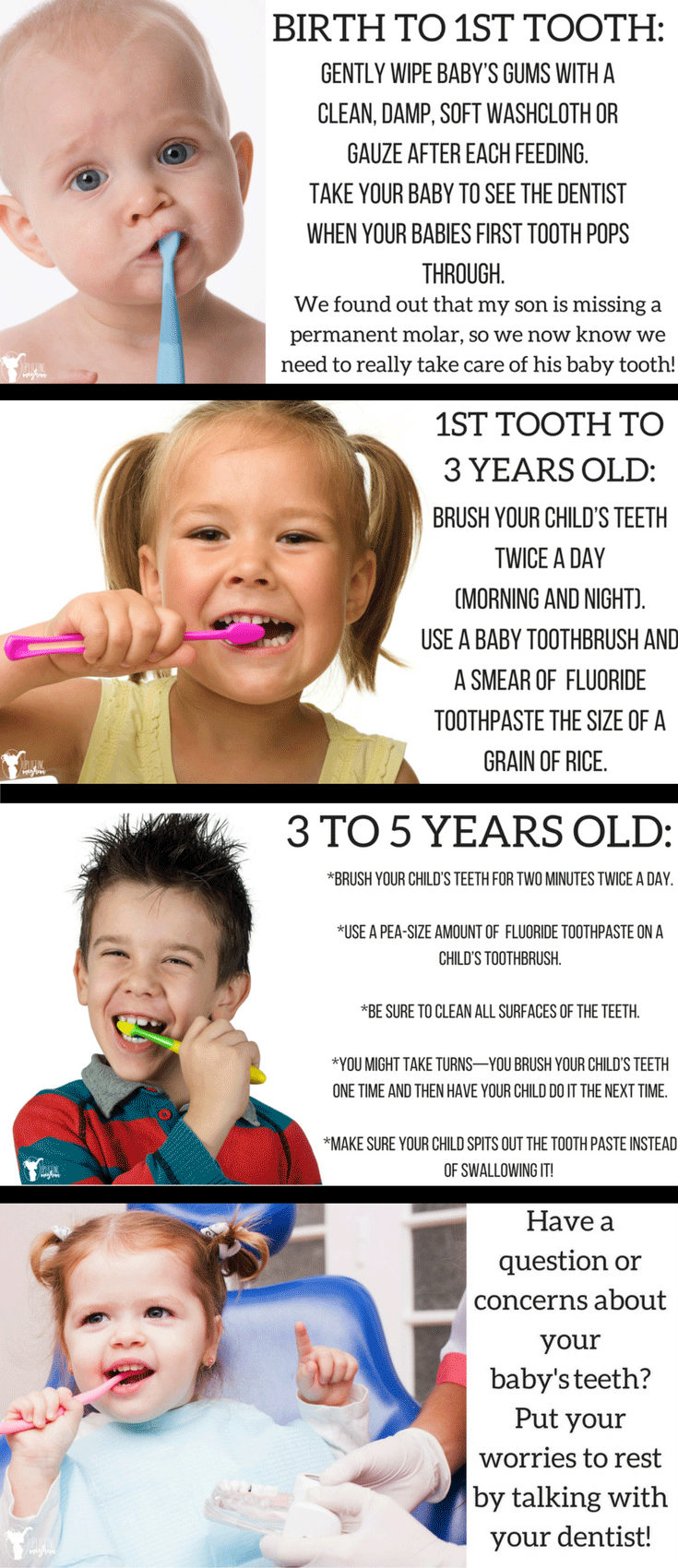
Nurturing Healthy Smiles: A Comprehensive Guide to Infant Oral Care
The arrival of a newborn baby brings immense joy and responsibility. As parents, ensuring the well-being of our little ones becomes our paramount concern. Among the many aspects of infant care, maintaining oral health often receives less attention than it deserves. However, establishing a solid foundation for dental hygiene from the very beginning is crucial for a child’s overall health and development.
The Importance of Infant Oral Care
Neglecting infant oral care can lead to a myriad of health issues, including:
- Tooth decay: Bacteria that thrive on sugars in food and drinks can form plaque on teeth, leading to cavities.
- Gum disease: Plaque buildup can also cause inflammation and bleeding of the gums.
- Oral infections: Untreated dental problems can spread to other parts of the body, causing serious infections.
- Developmental issues: Poor oral health can affect a child’s speech, eating, and overall growth.
Establishing a Dental Care Routine
Before Teeth Erupt:
- Wipe the gums: Use a clean, damp gauze or washcloth to gently wipe your baby’s gums after feedings. This helps remove any milk or formula residue that could harbor bacteria.
- Massage the gums: Use a soft, silicone finger brush or your clean finger to gently massage your baby’s gums. This stimulates blood flow and helps prepare the gums for teething.
After Teeth Erupt:
- Brush twice a day: Use a soft-bristled toothbrush designed for infants and a pea-sized amount of fluoride toothpaste. Brush your baby’s teeth gently in circular motions for two minutes.
- Floss regularly: Once your baby has two or more teeth that touch, start flossing daily to remove plaque and food particles from between the teeth.
- Limit sugary drinks: Avoid giving your baby sugary drinks like juice or soda, as they can contribute to tooth decay.
- Avoid thumb sucking: Prolonged thumb sucking can misalign teeth and cause orthodontic problems.
Teething: A Common Challenge
Teething is a normal process that can cause discomfort for babies. Here are some tips to help soothe teething pain:
- Teething toys: Offer your baby teething toys made of soft, safe materials that they can chew on.
- Cold compress: Apply a cold compress or a chilled teething ring to your baby’s gums to numb the pain.
- Massage: Gently massage your baby’s gums with a clean finger or a soft toothbrush.
- Over-the-counter pain relievers: If necessary, consult with your pediatrician about using over-the-counter pain relievers like acetaminophen or ibuprofen.
Dental Visits for Infants
The American Academy of Pediatrics (AAP) recommends that infants have their first dental visit within six months of their first tooth erupting or by their first birthday. These early visits allow dentists to:
- Assess oral health: Examine your baby’s teeth, gums, and oral development.
- Provide guidance: Offer personalized advice on infant oral care, teething, and nutrition.
- Establish a relationship: Build a positive relationship with your child and make dental visits less intimidating.
Additional Tips for Infant Oral Care
- Use a fluoride toothpaste: Fluoride strengthens teeth and helps prevent cavities.
- Avoid sharing utensils: Sharing utensils can transfer bacteria from your mouth to your baby’s.
- Clean pacifiers and bottles: Regularly clean pacifiers and bottles to prevent the spread of bacteria.
- Limit screen time: Excessive screen time can lead to poor oral hygiene habits.
- Set a good example: Children learn by observing their parents. Brush and floss your own teeth regularly to demonstrate good oral hygiene practices.
Conclusion
Nurturing healthy smiles in infants requires a proactive approach. By establishing a comprehensive oral care routine, addressing teething challenges, and seeking regular dental checkups, parents can lay the foundation for a lifetime of good oral health for their little ones. Remember, a healthy smile is not only aesthetically pleasing but also essential for overall well-being. By investing in infant oral care, we invest in the future health and happiness of our children.
